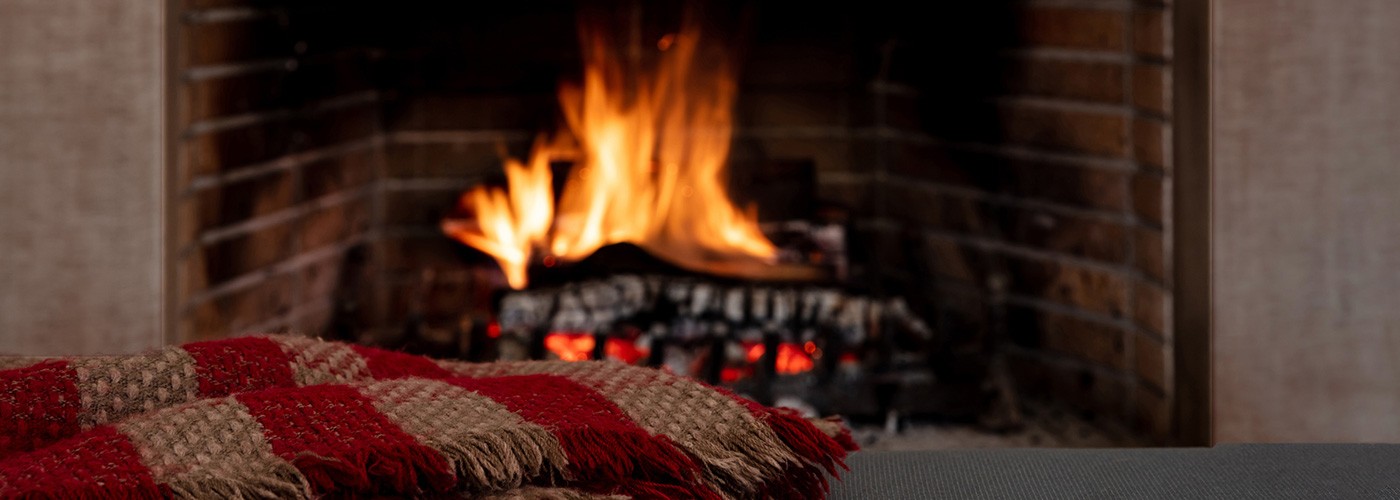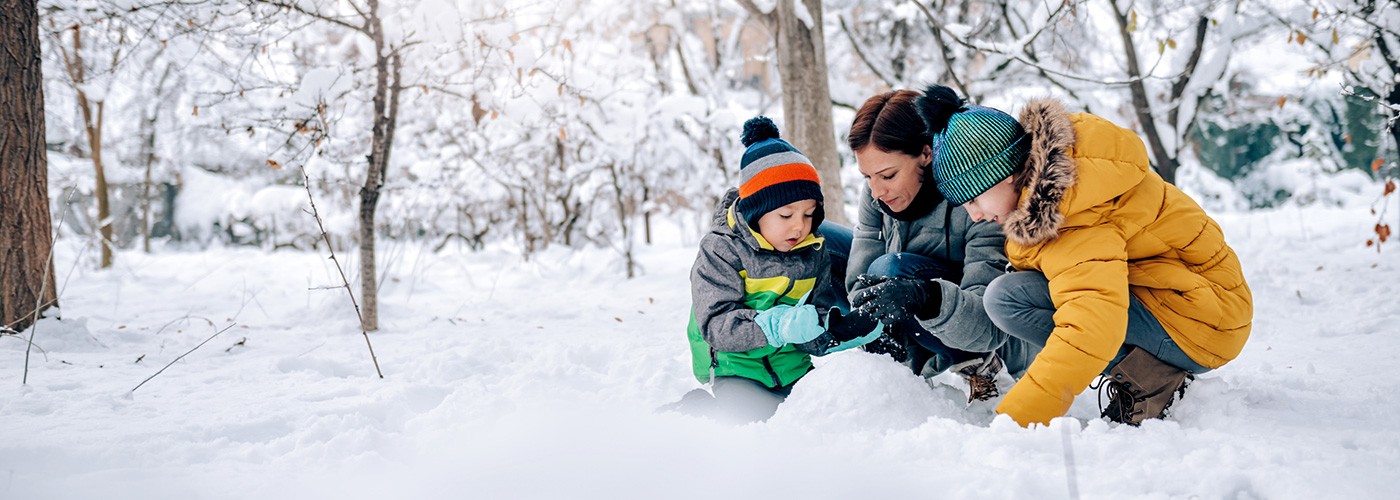1. Locate your water intake
Do you know where the water intake to your home is? Yes? Great! Now make sure that the people who live with you know as well. This will enable them to quickly shut off the water if a pipe breaks.
2. Keep an eye on your appliances
Never leave the house with the dishwasher or washing machine going. Make sure that the pipes on these kinds of appliances are in good condition: replace them every 10 years or at the first sign of deterioration (bloating, cracking, corrosion and so on). When the time comes, opt for pipes reinforced with plaited steel.
3. Change your water heater
In the fall, dead leaves and maple and other seeds can quickly clog your gutters and force rainwater down into your home’s foundations, instead of draining it to the street, alley or backyard. So, don’t be lazy—clean your gutters!
4. Empty the gutters
À l’automne, les feuilles mortes et les samares peuvent vite encombrer vos gouttières et faire en sorte qu’elles renvoient les eaux de pluie vers les fondations de votre maison, au lieu de les écouler vers la rue, la ruelle ou votre cour arrière. Alors, ne lésinez pas sur l’effort et nettoyez vos gouttières!
5. Drain your outdoor taps
Before winter, in addition to cleaning your gutters, drain the pipes that supply your outdoor taps and which are likely to freeze more quickly: close the supply valves from inside the building and then open the outside taps to release the remaining water; once all the water has drained, shut off the outside taps for the winter. Also, empty your garden hoses. This will prevent standing water from freezing and breaking them.
6. In winter, be careful when you leave your home for more than a few days
Ice blocks can form in your pipes if you leave for more than four days in winter without heating your home. The pressure of the ice in the pipes can cause them to burst and flood, causing damage to your entire property. To avoid such a disaster, here are a few steps to take before you leave:
• Shut off water intakes
• Drain the pipes
• Ask someone trustworthy to visit your home while you’re away to ensure that your heating system maintains a sufficiently high temperature.
7. Check your roof
Winter naturally means snow, ice and freezing rain. When these three elements of nature increase significantly, keep a close eye on the state of your roof, especially if it’s flat. Slight cracks can appear and let water in. Your roof could even collapse!
8. Maintain your vegetation
Although the trees around your home are beautiful, make sure their roots are not wrapped around your water and electricity lines. This could damage your drain, pipes and septic tank. When planning your garden landscape, keep trees far away from your pipes.
9. Have your plumbing checked
Have you noticed water seepage, increased humidity or even mould in your house? If so, get a plumber to check the condition of your drain, your bilge pump and check valve. You can never be too careful!
10. Install water detectors
Water detectors are designed to trigger an alarm when they sense a certain moisture level or slight water leakage. It is therefore ideal to install them near your appliances, toilets, water heater and sump pump.
If, despite these precautions, you notice water damage and it’s covered by your insurance policy, call your broker immediately. Naturally, feel free to call us with your questions at any time. One of our brokers will be happy to help.



